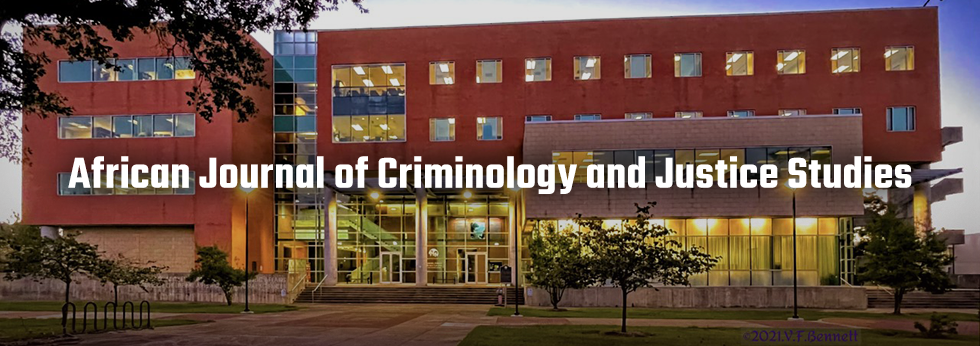Abstract
This paper is primarily a theoretical discussion of some aspects of the criminal justice legacy of Barack Obama’s two-term presidency and its impact on minorities. The historic 2008 electoral victory of the first black US president was widely expected to usher the dawn of a post-racial America. Instead, race relations worsened. Some critics complained that there was no significant reduction in black-white disparity in probable arrest, court actions and imprisonment during Obama presidency and that whatever he achieved was too little and too late to reform the U.S. criminal justice system. Protagonists however argue that undue expectations failed to take account of deeply entrenched racism, racially toxic political environment and limitations on presidential powers which the Obama administration had to contend with. The two major criminal justice legislation of his administration were the 2009 Hate Crimes Prevention Act and the 2010 Fair Sentencing Act. Due to partisan politics, he could not get several critical bills passed into law due to stiff opposition from the Republican Party-dominated legislature. But many of those initiatives have become the cornerstone of the ongoing bipartisan criminal justice reform.
Recommended Citation
Raufu, Abiodun
(2020)
"Examining Aspects of Obama’s Criminal Justice Legacy,"
African Journal of Criminology and Justice Studies: Vol. 13:
Iss.
1, Article 3.
Available at:
https://digitalscholarship.tsu.edu/ajcjs/vol13/iss1/3


